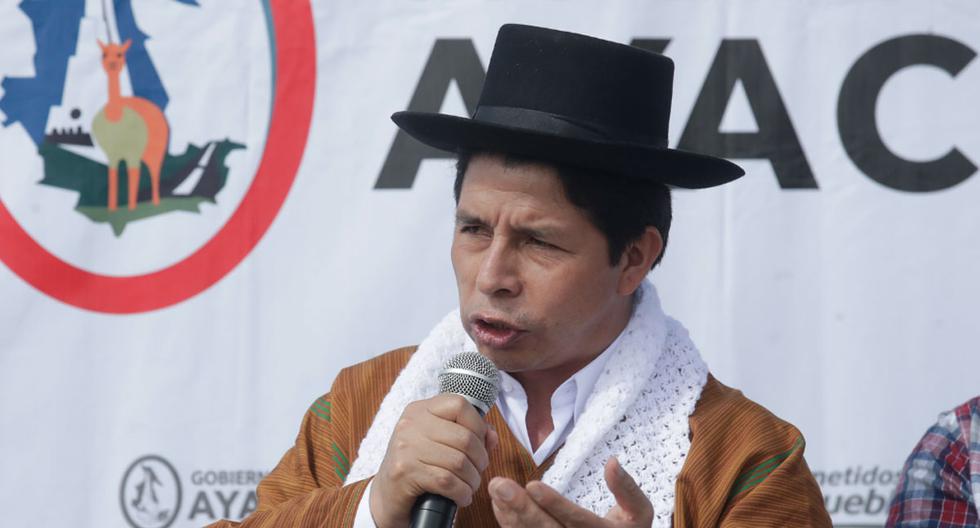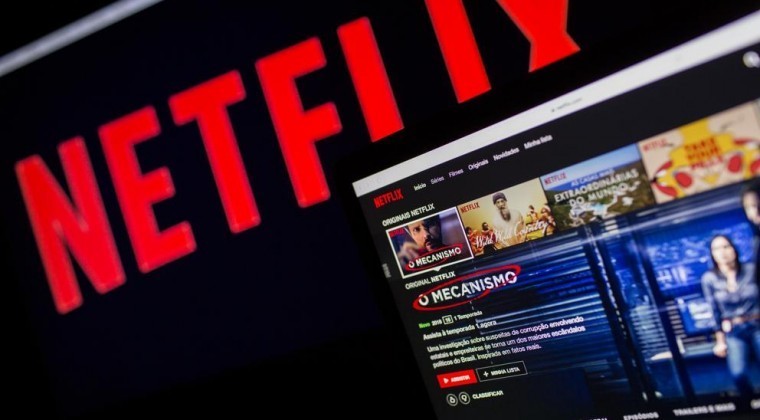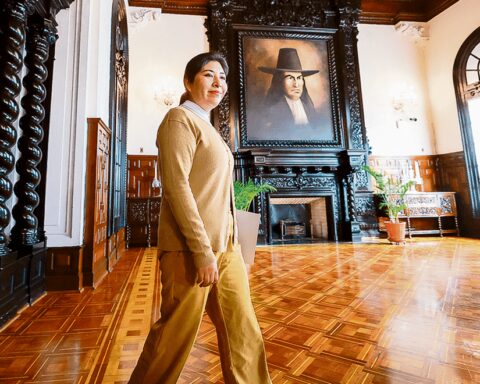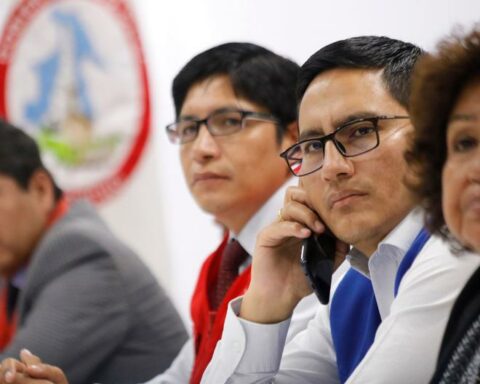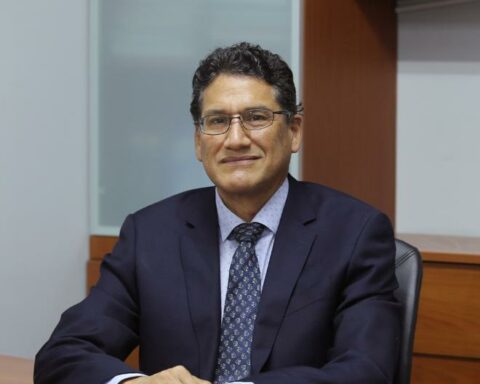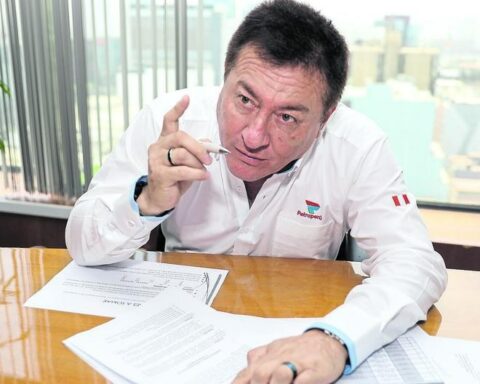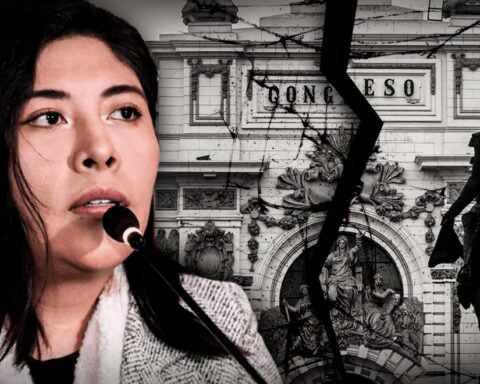Working Peruvians don’t have much time to talk about politics. They have to work, work and work. And this concern about ensuring daily bread is due to the fact that we are really entering a stage of economic crisis that is much more serious than we think.
Since the arrival of Pedro Castillo to the presidency, the average expenditure of a Peruvian family of four on food increased by 17.2% from July 2021 to July 2022. What does this mean? That in each home there is less money, less resources to invest in education, housing, culture and even entertainment.
Analyzing specifically the different types of food items, the variation that the following items have had in one year is surprising: chicken increased by 16.8%, classic oil (1-liter bottle) increased by 11.1%, regular rice increased by 21.7 %, fresh milk in bags (12 liter bags), finally increased by 10.1%.
And for this, my friends, you cannot blame Congress. The Executive Power led by the President, the Presidency of the Council of Ministers, the Ministry of Economy and the entities linked to the generation of investment and employment are in charge of all this.
Regarding the total consumption basket (food, clothing, transportation, education and leisure), the increase that has been generated in the last year, since the beginning of the Castillo government, has been 6.3%, standing at S / 1,579. If we contrast it with the average income of Metropolitan Lima, which was S/1,667.2 from April to June 2022, the total consumption basket covers 94.71% of the average family income. What does this mean? That practically ALL the salary of a Peruvian who breaks his back working flies away at the end of the month.
In labor terms, things look just as ugly. So far from 2022, to the first quarter of the year, the formal sector has lost 181,000 jobs, and has seen its wages reduced by 3%. Compared to pre-pandemic levels, the salary is 5.5% lower and 423 thousand jobs were lost. Castillo then has not done anything to generate quality employment, that which is generated in private enterprise.
While it is true that the State is temporarily hiring people for its programs and works, using taxpayer money for this, remember that the work that the State provides is not productive, it is only an expense. It’s like a subsidy. It works temporarily, but it is not sustainable.
In conclusion, what President Pedro Castillo has achieved is that there are more poor people in a rich country and, therefore, that there are less rich people in a country that his government is leaving poor. Is this what you wanted dear taxpayer when you voted for “professor”?
RECOMMENDED VIDEO:

